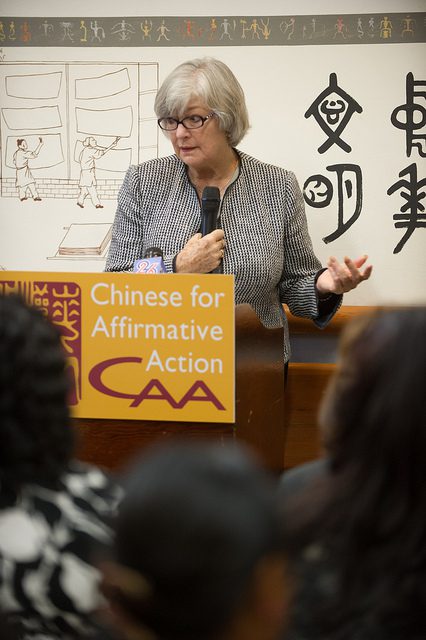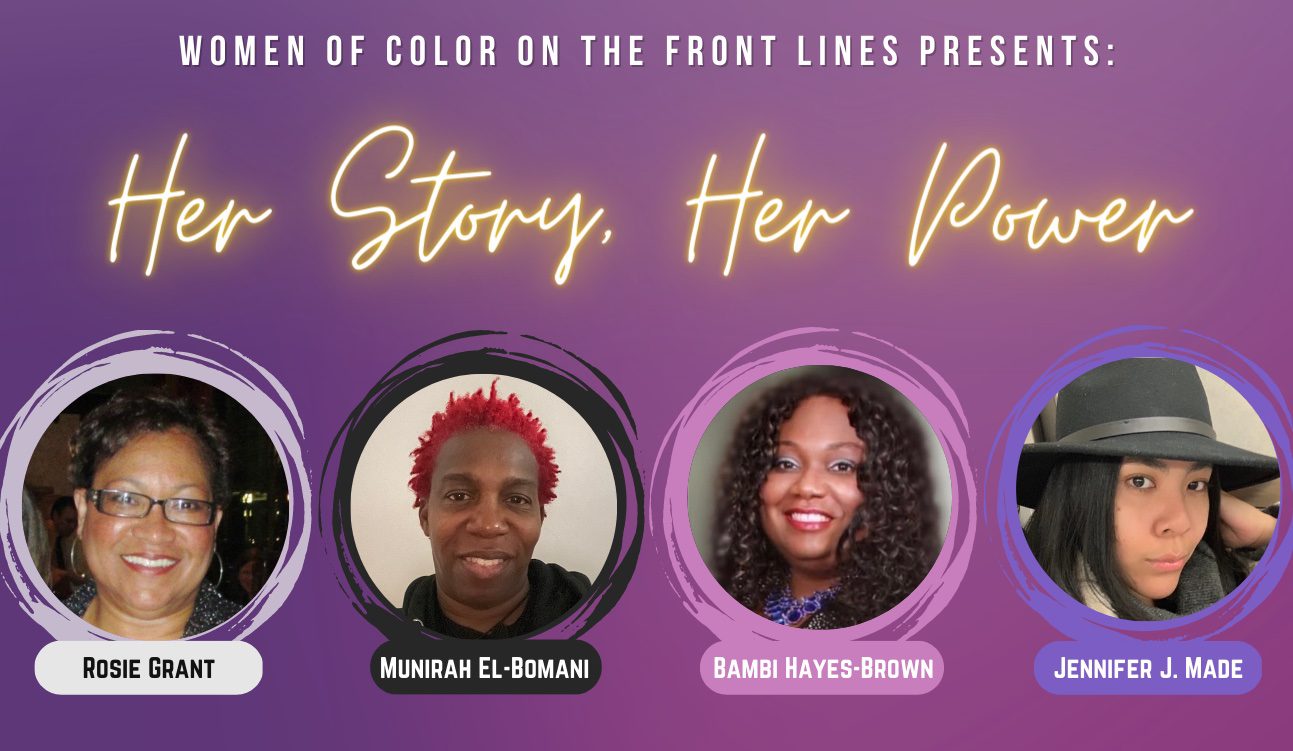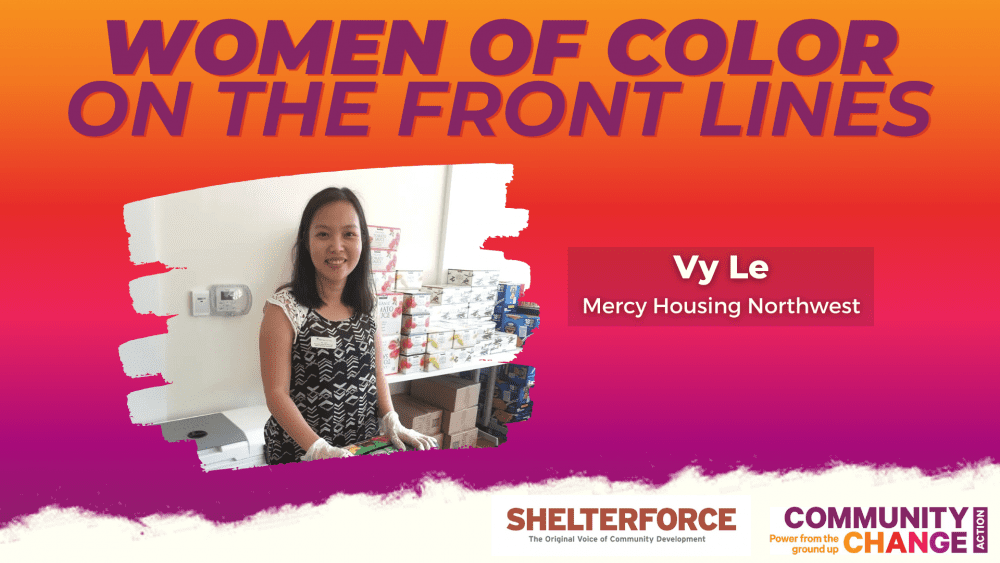In
This dynamic is again rearing its ugly head in a current debate around affirmative action in State of California Universities. In California, via 1996’s Proposition 209 (what is with CA’s haphazard government via initiative?), we have handcuffed state and local government’s ability to enact affirmative action programs. Recently, the State Legislature has been considering a State Constitutional Amendment (SCA-5) to modify the ban on affirmative action as it relates to the State University systems. But a reported groundswell of opposition from Asian Americans caused some key legislators in districts with large Asian American populations to back away from their original support of the policy and force what may end up being the withdrawal of the amendment. It would be a deep shame if this were to happen.
Wedge Politics in Mainstream Media
There’s an extent to which some of this is media hype. As Professor Karthick Ramakrishnan points out, Asian Americans generally support affirmative action and also voted with over 60 percent in in opposition to the original proposition 209. But the media loves stories fraught with tension and conflict and especially where there’s conflict and tension around a hot button issue like race. Wedge politics are a much juicier storyline than coalition politics. So, there’s an extent to which some of this story is the media looking for a sexy storyline. And then, on top of that, there’s something like a Heisenberg’s feedback loop of media hype—the simple act of observation changes the dynamic of what is being observed—the opposition to affirmative action gains momentum because of the hype it receives.
The Discontent of “Successful” Asian Americans
But, even though there’s an extent to which this conflict is media generated, there’s also an extent to which some of this is real and represents truly felt frustration for Asian Americans. The Asian American opposition to affirmative action may be driven by a vocal minority of Asian Americans but it taps into a difficult tangle of emotions, struggles, micro-oppressions, internalized racialized views of the self for almost all of us.
Despite our relative level of success (and progressive AAPIs need to own our communities’ success/privilege, even as we talk about the ways in which the model minority mythology is wrong), even highly successful Asian Americans feel wronged—even in fields like high tech where Asian Americans are successful both in fact and in stereotype, there are glass ceilings (e.g., the belief that Asian Americans make good technical worker bees but are unfit for leadership) and, in many cases, constant daily reminders for successful Asian American that they are unwelcome and underappreciated.
In this context, affirmative action becomes yet another example of how, despite our hard work and daily struggles, coveted rewards go to other people. Mix in our hopes/dreams/ambitions for our children (and especially how important many of us think education is to this) and you have a formula for a strong emotional reaction.
Towards a Bigger Justice
Despite an understandable dynamic that may push Asian Americans towards opposition of affirmative action, I strongly believe we should support affirmative action. We should support it because it is the right thing to do for the bigger picture of social change, despite how it may seem to hinder our short term ambitions.
And I’m not willing to concede the point that affirmative action is bad for Asian Americans (or whites for that matter). For one, when talking about quality of education, I don’t believe there’s much of a material difference between going to UC Berkeley or going to UC Riverside or between going to UC Riverside and going to San Jose State. The brand name of an undergraduate educational institution is not as important as what a student does once there. The important things are simply getting to college and being motivated and proactive once there. Further, as someone who was in the UC system pre-proposition 209, I feel like I benefited a lot from affirmative action, even though I am not in any category intended to be a direct beneficiary of affirmative action. In an educational setting (in all settings, I’d argue, because learning from each other is always important), we all benefit from exposure to a diversity of viewpoints and backgrounds. In this way, affirmative action creates a better learning environment for everyone who ends up at the University.
But more than the diversity in education argument, supporting affirmative action acknowledges a bigger, wider world where there are other people who struggle as we struggle, who matter as we matter. We all should be willing to give up a bit of our success, a bit of our privilege, to see that more people succeed and to see that past injustices are righted. We all benefit from living in a world where people are more compassionate, more caring, where we all understand that we are mutually invested, where we are all willing to give up some level of personal gain so that the entire community—especially those currently least well off—will be better.
To be sure, affirmative action is an imperfect policy. Even in terms of educational outcomes, there are lots of better ways to promote educational equity: deeper investments in early childhood education, more resources and targeted programming to schools in low-income neighborhoods, more and better jobs for low-income people, more affordable housing and residential stability for low-income people, the improved physical and mental health of all the members of a child’s family, etc.—all would likely have more impact on educational equity than affirmative action in higher education. But this is not an argument against affirmative action. It is an argument to do more than what we are currently doing. It is an argument for a bigger justice. And this bigger justice should include affirmative action.
(Photo by US Department of Labor CC BY)






Comments